In Bauchi State’s mining communities, a distressing trend has emerged where children as young as ten years old are abandoning their education to work in the mines. These young individuals, including 12-year-old Sulaiman and 13-year-old Abdulrahman Musa, toil under harsh conditions, extracting sand and breaking rocks to earn a livelihood for their families. The allure of immediate financial gain has overshadowed the long-term benefits of education, trapping these children in a cycle of poverty and missed opportunities.
The Harsh Reality of Child Miners
Sulaiman, with his bucket of sand, represents many children in Jirr and Wandi, who face daily risks of accidents, health hazards, and exploitation. The choice to work in mines rather than attend school is often dictated by economic necessity. Abdulrahman shared his story, highlighting how his education was sacrificed for the family’s survival, a narrative common among the youth in these areas.
Impact on Education
The decline in school attendance is stark. In GDSS Wandi, classrooms stand nearly empty, as noted by administrative officer Malam Husaini, who pointed out that the immediate economic benefits of mining are prioritized over education. The school has experienced a significant drop in attendance, with some classes completely devoid of students. This trend not only jeopardizes the future of these children but also threatens the sustainability of educational institutions in these regions.
Economic and Social Consequences
The involvement of children in mining exacerbates the multidimensional poverty in Bauchi. According to various reports, Bauchi has one of the highest numbers of out of school children in Nigeria, a number that, despite government claims of reduction, remains alarmingly high. The lack of viable alternatives to mining has pushed even women and girls into this labor-intensive and dangerous work, further complicating their roles within the family and society.
Government Response and Challenges
The state government has attempted to curb illegal mining with a ban in July 2024, but enforcement has been weak, allowing the practice to thrive. This has led to not only economic losses but also environmental degradation, with farming lands becoming unusable and water sources contaminated. Security issues have also escalated, with mining sites becoming focal points for criminal activities.
Calls for Action
Experts like Dr. Rabi’u Barau from Bauchi State University advocate for a balanced approach where education is not sacrificed for labor. Community leaders and traditional authorities are seen as key players in reversing this trend. The Bauchi State Universal Basic Education Board (SUBEB) has engaged in community outreach to combat the issue, while the Ministry of Natural Resources aims to formalize mining operations to bring them under legal and safe frameworks.
Conclusion
The situation in Bauchi’s mining communities underscores a broader problem of poverty, policy enforcement, and the need for sustainable educational and economic strategies. Without addressing the root causes, the cycle of child labor in mining will persist, continuing to deprive the next generation of education and a brighter future.

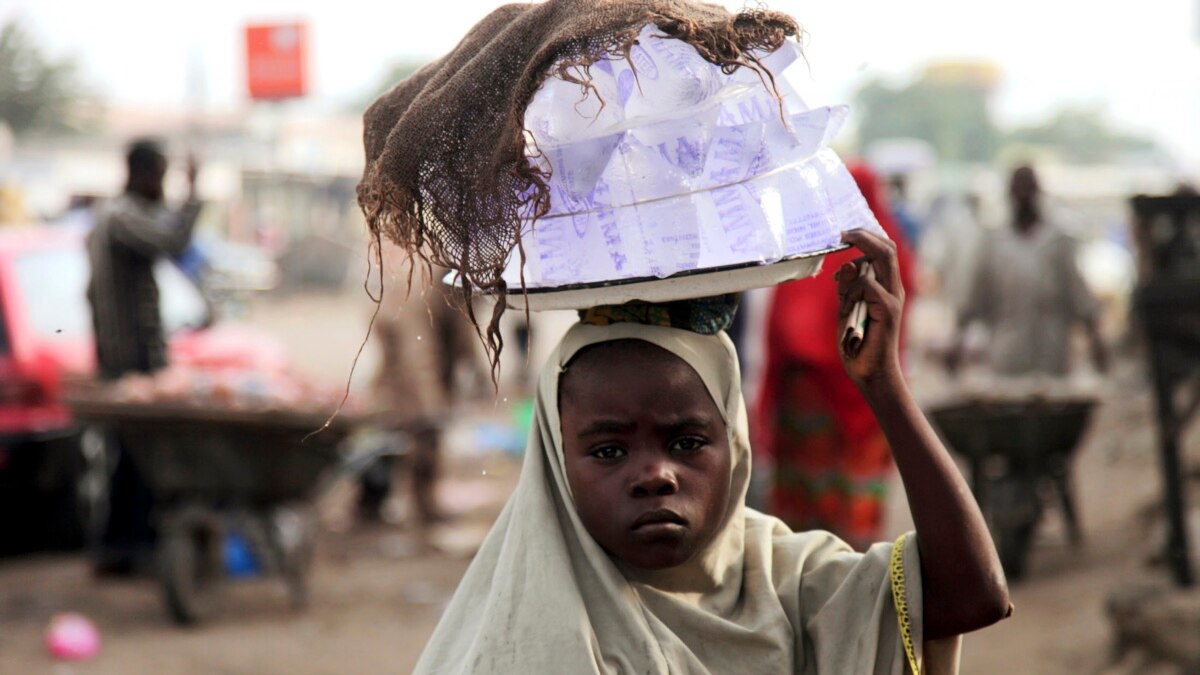
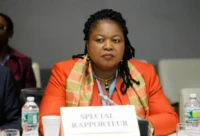



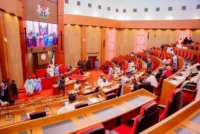

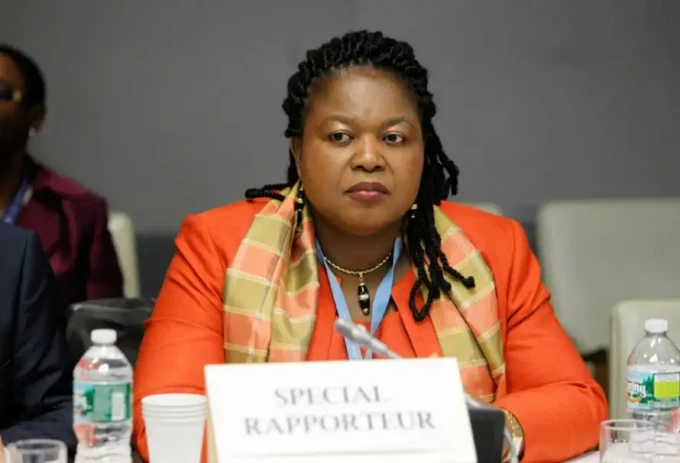
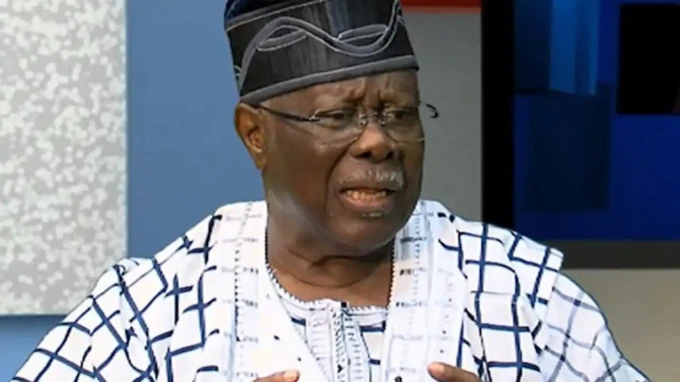

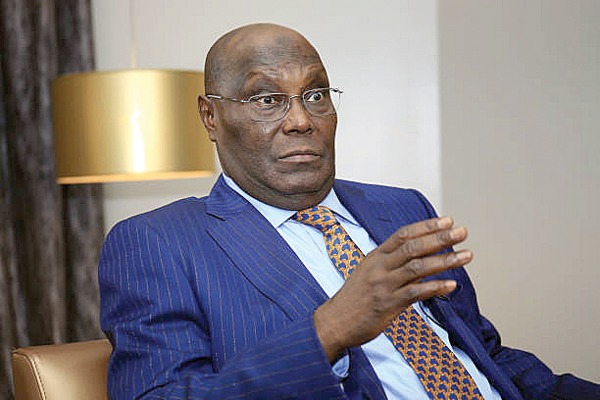
Isnt it heartbreaking to see children forced to work in mines for survival? Education should never be a trade-off for basic human rights.
I think its important to consider the complex socio-economic factors that push children into labor in Bauchis mines. Education is crucial, but survival cannot be ignored.
I understand the need for child labor in extreme situations, but shouldnt we prioritize education for future sustainability? #controversialview
I find it hard to believe that child labor is ever justified, even in extreme circumstances. Education should never be sacrificed for survival.
I think its a tough call between education and survival for kids in Bauchis mines. Whats your take on this dilemma?
I understand the need for survival, but shouldnt education also be a priority for these children in Bauchis mines? #ChildLaborDebate
Isnt it sad that children have to work in mines instead of going to school? Something needs to change.
Wow, its heartbreaking to see children working in mines. But, is it really a trade-off between education and survival? Lets discuss!
Is it fair to force children into dangerous work for survival? Education should never be sacrificed for survival. #ChildRights
I understand the need for survival, but shouldnt education be a priority for these childrens future? Its a tough trade-off.
I understand the need for survival, but is exploiting children in mines really worth sacrificing their education? Lets discuss.
I cant believe some people think child labor is a necessary trade-off. Kids deserve education and a chance at a better future!
Isnt it time we prioritize ending child labor over short-term survival needs? Education is a long-term solution. Lets invest in our future generation.
Child labor is a complex issue. Is education truly a trade-off for survival in Bauchis mines? Lets discuss!